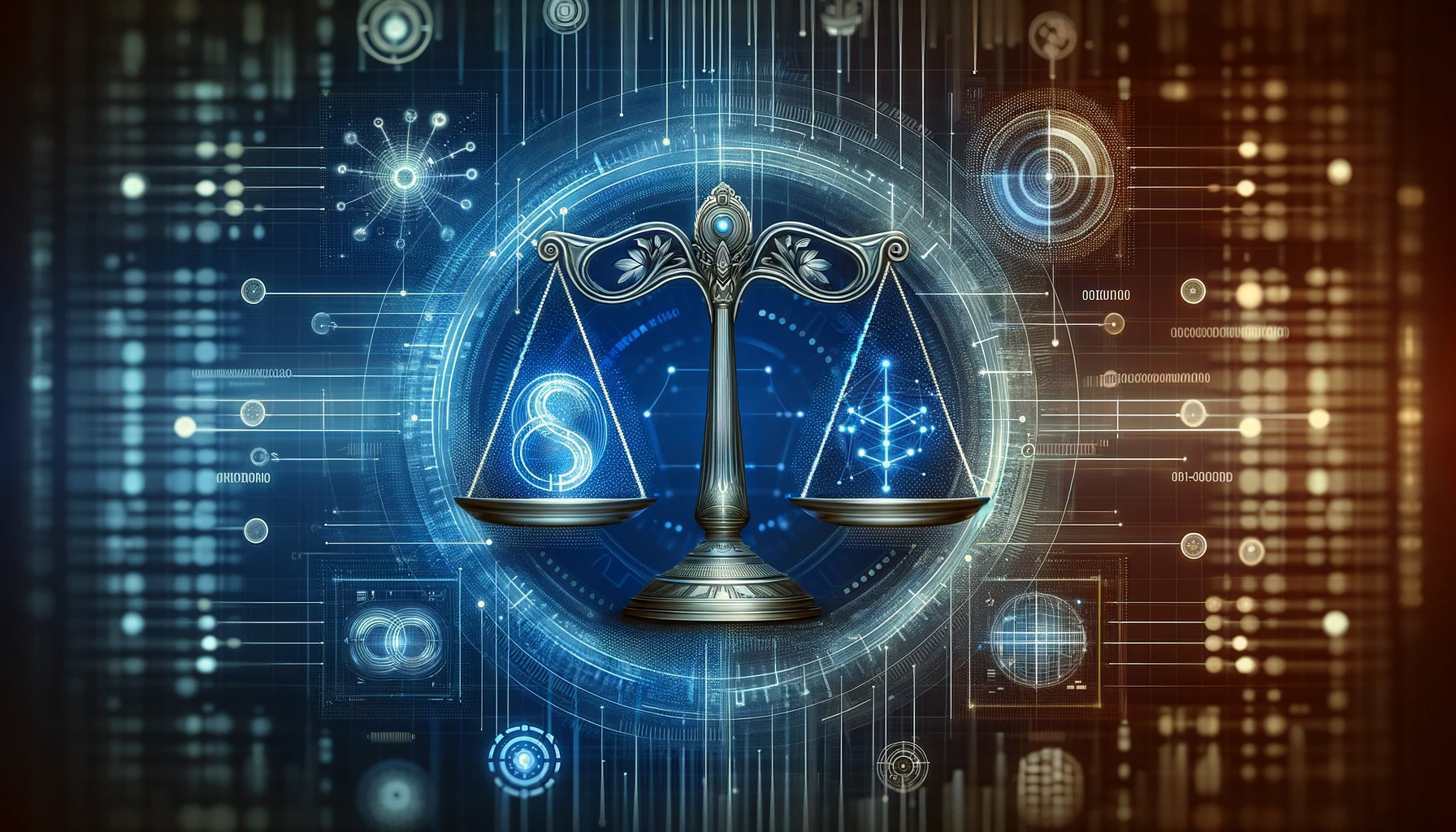In the dynamic and interconnected world of the digital age, business ethics have evolved into a crucial pillar for sustainable growth and public trust. The rapid technological advancements and digital integration in business operations have brought forth unprecedented ethical challenges.
The digital age has transformed the way businesses interact with customers, manage operations, and make decisions. While this transformation has led to increased efficiency and new opportunities, it has also raised complex ethical questions. Companies are now responsible for vast amounts of personal data, face sophisticated cyber threats, and must decide how to ethically use powerful AI technologies. Understanding and addressing these issues is not just a legal requirement but a moral imperative that can define a company’s legacy.
The Importance of Data Privacy
In an era where data is often referred to as the ‘new oil,’ the ethical management of personal information has become a pivotal concern for businesses. Data privacy goes beyond protecting consumer information from unauthorized access; it encompasses the ethical handling, processing, and sharing of data. Consumers entrust their personal information to businesses with the expectation of privacy and security, making it an ethical obligation for companies to uphold this trust.
However, ethical data management is not without its challenges. The temptation to exploit data for competitive advantage is high, and the line between beneficial data use and privacy infringement is often blurred. Companies must navigate these waters carefully, establishing clear data management policies and ensuring transparency in their data practices. This includes obtaining informed consent, respecting user preferences, and providing clear information about data usage. Ethically managing data not only protects consumers but also builds long-term trust and loyalty.
Cybersecurity and Ethical Responsibility
Cybersecurity is no longer a technical issue relegated to IT departments; it is a critical ethical concern for every business. In the digital age, a company’s ability to protect sensitive information is directly linked to its ethical standing. Cyber attacks can lead to the loss of personal and financial information, damaging a company’s reputation and eroding public trust.
The ethical responsibility of cybersecurity involves proactively safeguarding data against potential threats and responding responsibly in the event of a breach. This means not only investing in robust security infrastructure but also fostering a culture of security awareness among employees. Ethical responses to cyber threats also involve transparent communication with stakeholders and taking swift action to mitigate damage and prevent future incidents. By prioritizing cybersecurity, businesses demonstrate their commitment to protecting not just their assets but also the interests of their customers and the broader community.
Responsible Usage of Artificial Intelligence
AI’s potential to revolutionize industries is immense, but so are the ethical considerations it raises. From decision-making algorithms to predictive analytics, AI systems can significantly influence business operations and societal dynamics. The ethical use of AI involves ensuring these technologies are developed and used in a way that benefits society while minimizing harm.

One of the primary ethical challenges with AI is the risk of bias, where AI systems might perpetuate existing prejudices. To address this, businesses must ensure their AI models are trained on diverse, unbiased datasets and regularly audited for fairness. Transparency is another critical aspect of ethical AI use. Companies should be able to explain how their AI systems make decisions, particularly when these decisions impact customers or employees. Finally, there must be a balance between leveraging AI for business gains and respecting individual rights and freedoms. Responsible AI usage requires a thoughtful approach that considers the long-term implications of these powerful technologies.
Balancing Profit and Ethics
The quest to balance ethical practices with profit margins is a challenge for many businesses in the digital age. Yet, it’s a balance that can lead to sustainable success. Ethical business practices can drive long-term profitability by building brand loyalty, enhancing employee satisfaction, and fostering customer trust.
Companies like Patagonia and Ben & Jerry’s exemplify how integrating ethical considerations into business models can lead to commercial success. These companies have prioritized ethical practices, including in their digital strategies, and as a result, have cultivated a loyal customer base and a strong market position. This balance doesn’t come overnight but requires a commitment to ethical values and a willingness to invest in long-term relationships with stakeholders. Ultimately, businesses that prioritize ethics can create a competitive advantage that goes beyond financial performance.
Conclusion
As we forge ahead into the future, the role of ethics in business will continue to grow in importance and complexity. In the digital age, where data privacy, cybersecurity, and AI present new challenges, companies can lead with integrity and foresight. Businesses can navigate the digital landscape responsibly by prioritizing ethical considerations in these areas, fostering trust and sustainability. The future of business ethics in the digital world is a journey of continuous learning and adaptation. Success is measured not just in financial terms but in the broader impact on society and the environment.


